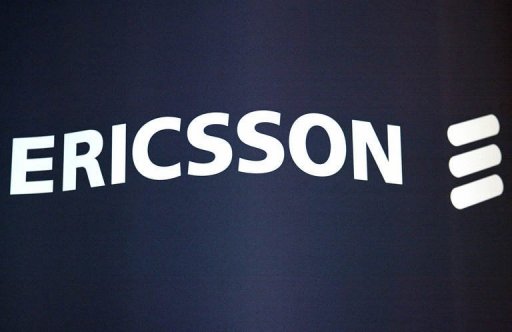Ten Southeast Asian nations have declared the establishment of an economic community set to compete with powerhouse neighbors India and China. The agreements will remove tariff barriers and visa restrictions.
The leaders of 10 Association of Southeast Asian (ASEAN) member states signed a declaration Sunday officially establishing the ASEAN Economic Community (AEC), due to become a legal entity on December 31.
“In practice, we have virtually eliminated tariff barriers between us,” said Malaysian Prime Minister Najib Razak, whose country is hosting the 27th ASEAN summit in Kuala Lumpur.
“Now we have to assure freer movements and removal of barriers that hinder growth and investment,” Razak added.
The move aims to increase cooperation and coordination on macroeconomic and financial policies in the region.
While many of the economic community measures are already in place, including the removal of tariff barriers and visa restrictions, the agreement falls short on opening key sectors, such as agriculture and steel, which fall under government protection.
“The AEC is arguably the most ambitious economic integration program in the developing world. But implementation of the AEC is increasingly uphill,” said Michael Plummer, professor of international economics at Johns Hopkins University’s Europe Center.
“Much remains to be done and the region faces many challenges in finishing. The AEC is a process,” the professor added.
The AEC comprises one pillar of the ASEAN Community, alongside socio-cultural and political-security.
ls/jm (Reuters, AP)




